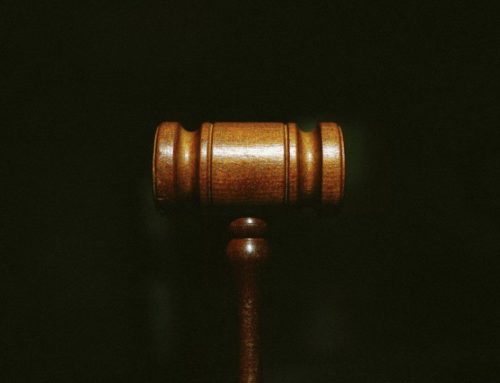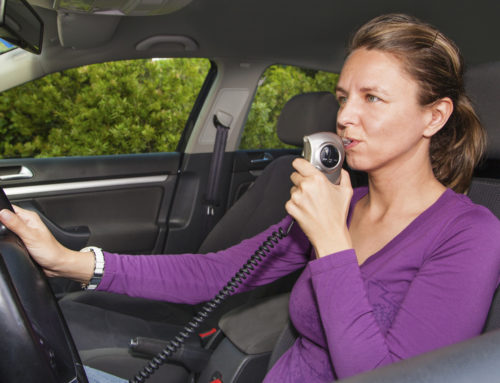When a driver is arrested for driving under the influence an administrative action is triggered with the Department of Motor Vehicles (DMV). A driver has 10 days from the date of arrest to request an Administrative Per Se (APS) hearing with the local Driver Safety Office to challenge the action/suspension. Since the inception of the APS hearing, DMV has relied upon a single APS hearing officer to preside over the hearing. The hearing officer was deemed responsible for playing the role of both the prosecutor and the judge in these hearings.
California’s Court of Appeal, Second Appellate District, Division 4, Rules Current APS Procedures Unconstitutional
According to the California Court of Appeal, Second Appellate District, Division 4, Administrative Per Se hearing procedures, involving a single hearing officer presiding over the APS hearing, have been ruled unconstitutional. These procedures violate the driver's due process rights; APS hearing officers' dual role as advocate and adjudicator creates an unacceptable risk of bias.
Court Ruling
The Court has ordered that APS hearing officers may not play fact-finding and decision-making roles while simultaneously advocating on behalf of the DMV's interests.
What’s Next?
DMV must implement a new system for conducting APS hearings which eliminates the dual role. DMV is barred "from having its APS hearing officers function as advocates for the position of the DMV in addition to being finders of fact in the same adversarial proceeding." This is a major change to DUI law and a step in the right direction for drivers.
Call Parker Law Center Today
If you have questions about this ruling, contact us today for a no-cost strategy session. Speak directly with Attorney Kellee Parker. At Parker Law Center, we proudly serve Southern California with offices located throughout Los Angeles, Orange, Riverside, San Bernardino, and San Diego counties.
Chat with us online today or give us a call 24/7 at (800) 805-8804.







